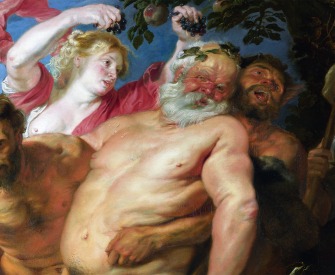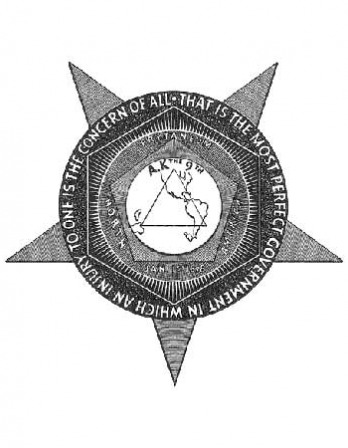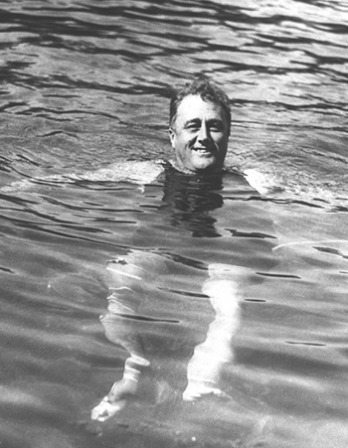Ours has been called the jet age, the atomic age, the space age. It is also, I submit, the television age. And just as history will decide whether the leaders of today’s world employed the atom to destroy the world or rebuild it for mankind’s benefit, so will history decide whether today’s broadcasters employed their powerful voice to enrich the people or to debase them.
If I seem today to address myself chiefly to the problems of television, I don’t want any of you radio broadcasters to think that we’ve gone to sleep at your switch. We haven’t. We still listen. But in recent years, most of the controversies and crosscurrents in broadcast programming have swirled around television. And so my subject today is the television industry and the public interest.
Like everybody, I wear more than one hat. I am the chairman of the FCC. But I am also a television viewer and the husband and father of other television viewers. I have seen a great many programs that seemed to me eminently worthwhile and am not talking about the much-bemoaned good old days of Playhouse 90 and Studio One.
I’m talking about this past season. Some were wonderfully entertaining, such as The Fabulous Fifties, The Fred Astaire Show, and The Bing Crosby Special; some were dramatic and moving, such as Conrad’s Victory and Twilight Zone; some were marvelously informative, such as The Nation’s Future, CBS Reports, The Valiant Years. I could list many more—programs that I am sure everyone here felt enriched his own life and that of his family. When television is good, nothing—not the theater, not the magazines or newspapers—nothing is better.
But when television is bad, nothing is worse. I invite each of you to sit down in front of your own television set when your station goes on the air and stay there, for a day, without a book, without a magazine, without a newspaper, without a profit-and-loss sheet or a rating book to distract you. Keep your eyes glued to that set until the station signs off. I can assure you that what you will observe is a vast wasteland.
You will see a procession of game shows, formula comedies about totally unbelievable families, blood and thunder, mayhem, violence, sadism, murder, Western bad men, Western good men, private eyes, gangsters, more violence, and cartoons. And endlessly, commercials—many screaming, cajoling, and offending. And most of all, boredom. True, you’ll see a few things you will enjoy. But they will be very, very few. And if you think I exaggerate, I only ask you to try it.
Is there one person in this room who claims that broadcasting can’t do better? Well, a glance at next season’s proposed programming can give us little heart. Of 73½ hours of prime evening time, the networks have tentatively scheduled fifty-nine hours of categories of action-adventure, situation comedy, variety, quiz, and movies. Is there one network president in this room who claims he can’t do better? Well, is there at least one network president who believes that the other networks can do better? Gentlemen, your trust accounting with your beneficiaries is long overdue. Never have so few owed so much to so many.
From a speech to the National Association of Broadcasters. Having served in the U.S. Army from 1944 to 1946 and as a member of Adlai Stevenson’s presidential-campaign staff for the elections of 1952 and 1956, Minow was appointed chairman of the FCC by John F. Kennedy in 1961. This was his first public address. Minow supported congressional legislation to assist educational programming and to expand the number of available channels.
Back to Issue





